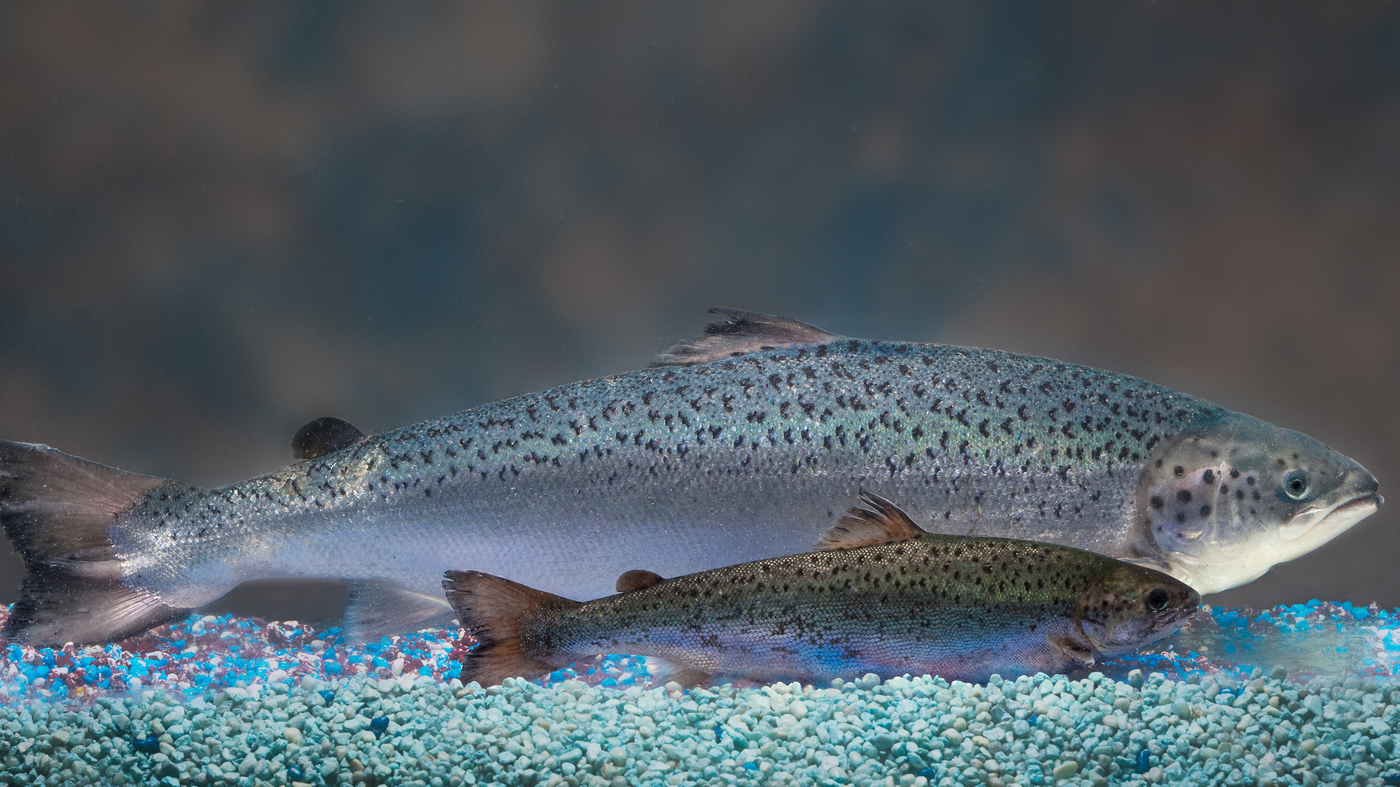Genetically engineered salmon supplier AquaBounty acknowledges it may never achieve profitability, as it seeks to raise $20 million from the sale of its stock and is proceeding with its farm sites in Indiana and Prince Edward Island, Canada.
“We have incurred significant losses since our inception. We expect to continue to incur significant losses for the foreseeable future, and we may never achieve or maintain profitability,” the company said in its United States Securities and Exchange Commission filing on Nov. 8.
In the filing, AquaBounty said that it seeks to raise $20 million by selling shares of its common stock. Intrexon Corporation, its majority stockholder, is interested in purchasing a minimum of $7.5 million worth of shares “at the public offering price, if the aggregate proceeds to us from this offering are USD 20 million,” AquaBounty said.
For the fiscal year ending Dec. 31, 2016, AquaBounty reported operating losses of $8.5 million and operating losses of $6.6 million for the nine months ending Sept. 30, 2017, according to a press statement.
However, “management is pursuing several paths to revenue generation that follow different timelines, including production of our fish at our existing farm sites, purchase or construction of additional production facilities in North America, and licensing or partnership arrangements,” AquaBounty said in the SEC filing.
In addition, AquaBounty is pursuing regulatory approval for AquAdvantage Salmon in Brazil, Argentina, China, and Chile.
AquaBounty sold its first AquAdvantage salmon from its farm site in Panama, and reported $53,278 in product revenues for the nine months ending Sept. 30.
In a statement posted on its website, the Canadian nonprofit Vigilance GMO said that by studying official statistics from the government of Canada, it was able to determine that AquaBounty most likely sold its first salmon in Quebec between April and June 2017.
The GE salmon supplier expects “modest revenues” during 2017 and 2018, “with more significant revenues expected once our facilities in Indiana and on Prince Edward Island are in full production in the second half of 2019.
During the third quarter ending Sept. 30, AquaBounty began work on upgrades to its Indiana farm site to increase its capacity to 1,200 metric tons.
“In this quarter, our primary focus has been on getting our Indiana farm site ready for FDA inspection,” said AquaBounty CEO Ronald Stotish. “This is in advance of stocking the facility with AquAdvantage salmon eggs, which we hope will occur next spring.”







